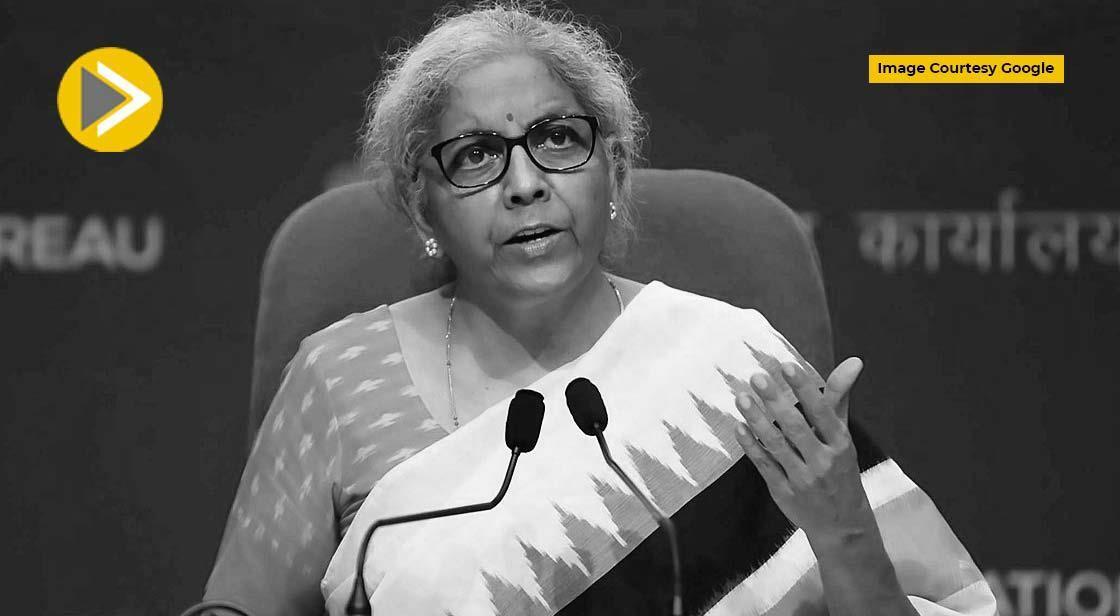Government Proposes New Provisions to Track Digital Footprint Under Income Tax Bill, 2025

News Synopsis
The Indian government is set to introduce new legal provisions under the Income Tax Bill, 2025, aimed at tracking and investigating digital assets and transactions. The existing Income Tax Act lacked adequate legal backing for probing digital financial activities, prompting the government to include specific measures for enhanced scrutiny.
Why the New Provisions?
During a session in the Lok Sabha on March 25, Finance Minister Nirmala Sitharaman highlighted the necessity of legal backing for investigating digital transactions. She stated, “Income Tax Law did not give legal backing to check digital assets, so have included it. Added checking of digital elements in the Income Tax Act, Law should give legal backing.”
With the rapid rise of digital transactions, encrypted communications, and virtual digital assets, authorities need modern tools to track financial concealment. The new provisions empower tax officials to investigate digital footprints across various platforms, ensuring financial transparency and tax compliance.
WhatsApp Chats, Digital Footprints Helped Unearth Tax Evasion
The Finance Minister also pointed out the increasing role of digital forensics in uncovering unaccounted wealth. “Encrypted messages on mobile phones led to unearthing Rs 250 crore unaccounted money. Evidence from WhatsApp messages of crypto assets has been detected. WhatsApp communication helped unearth Rs 200 crore unaccounted money,” Sitharaman revealed.
Officials have utilized Google Maps history to trace locations where cash was concealed and analyzed Instagram accounts to identify benami property ownership. These efforts highlight the role of technology in assisting tax enforcement agencies in uncovering financial irregularities.
Key Provisions of the Income Tax Bill, 2025
The proposed Income Tax Bill introduces key measures to strengthen tax enforcement in the digital age:
1. Enhanced Scrutiny of Digital Transactions
-
The bill ensures that virtual digital assets, including cryptocurrencies, do not evade tax scrutiny.
-
Tax authorities will be empowered to access communication channels like WhatsApp, Telegram, emails, and enterprise software suspected of being used for financial fraud or tax evasion.
2. Direct Access to Encrypted Communications
-
Investigators will be permitted to examine encrypted communications, digital asset exchanges, and cloud storage if tax evasion is suspected.
-
Access to these digital channels will eliminate bureaucratic delays and provide stronger evidence in tax evasion cases.
3. Expanded Powers for Tax Authorities
-
Tax officials will no longer need separate approvals to access digital data during investigations.
-
Under Section 247 of the bill, tax scrutiny now extends beyond physical premises and paper documents into digital records.
4. Immediate Attachment of Property
-
Previously, tax authorities needed to issue a separate notice before seizing assets.
-
Under the new bill, they can attach property immediately during a search, preventing its sale or transfer for up to six months.
Impact of the New Provisions
The inclusion of digital assets in tax enforcement marks a significant shift in India’s approach to tackling financial concealment. By integrating digital forensics and real-time access to encrypted communications, the government aims to:
-
Strengthen tax compliance.
-
Reduce tax evasion through digital channels.
-
Enhance transparency in virtual digital transactions.
Current Status of the Income Tax Bill, 2025
The bill is currently under review by a select parliamentary committee. Before finalizing the legislation, the committee will consult various stakeholders, including financial experts, digital asset holders, and technology firms.
Once enacted, the Income Tax Bill, 2025, will replace the six-decade-old Income Tax Act of 1961, modernizing India’s tax framework and ensuring better regulatory oversight of digital transactions.
Conclusion
The proposed changes in the Income Tax Bill, 2025, reflect the government’s commitment to curbing financial fraud and modernizing tax enforcement. By integrating digital tracking, encrypted communication analysis, and immediate property attachment, tax authorities will be better equipped to handle tax evasion in the digital era. As the bill undergoes review, its final implementation will shape the future of financial transparency and regulatory oversight in India.
You May Like









